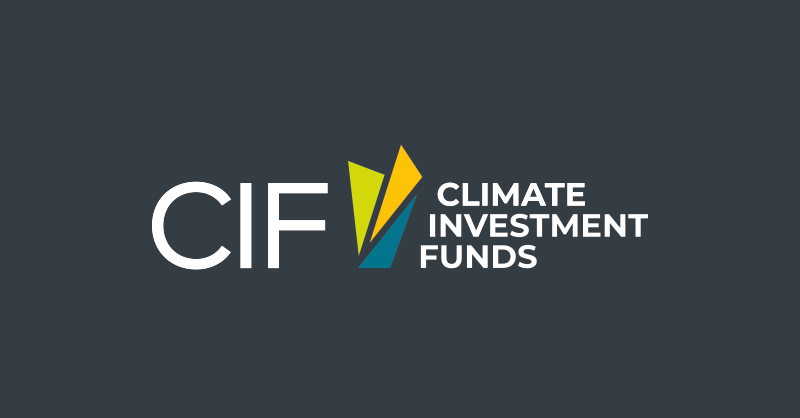Brazil, Egypt, Mexico, Namibia, South Africa, Türkiye, and Uzbekistan selected to pioneer industrial decarbonization under CIF’s $1B program.
Program enables up to 100% private sector-led financing, targeting critical technologies like green hydrogen and low-carbon materials.
Each $1 from CIF expected to leverage $12 in co-financing, accelerating green industrial transformation in developing economies.
Seven middle-income countries—Brazil, Egypt, Mexico, Namibia, South Africa, Türkiye, and Uzbekistan—have been selected by the Climate Investment Funds (CIF) to lead the launch of its $1 billion Industry Decarbonization investment program, the first global concessional finance initiative focused on reducing industrial greenhouse gas emissions in developing nations.
Industry is responsible for roughly one-third of global emissions. To align with climate goals, industrial GHG emissions must fall by 20% by 2030 and 93% by 2050. CIF’s program targets this challenge by providing concessional finance for clean and circular technologies including green hydrogen, waste heat recovery, and low-carbon steel, aluminum, and cement.
“Decarbonizing industry is about more than emissions—it’s about securing long-term prosperity and the jobs of tomorrow,” said Tariye Gbadegesin, CIF’s CEO. “It’s about producing the low-carbon industrial inputs that are urgently needed to expand renewable energy capacity and power the global economy.”

The seven selected countries stood out among 26 applicants for their strong private sector engagement, institutional readiness, and commitment to low-carbon industrial transformation. They will now work with multilateral development banks and private investors to develop investment plans, which will be submitted to CIF’s Governing Board for endorsement.
RELATED ARTICLE: Climate Investment Funds Launches $1 Billion Initiative for Industry Decarbonization
The program allows up to 100% of its capital to support private sector-led projects or those with significant co-investment, with at least 50% of funds earmarked for such initiatives. In addition, it includes provisions to reskill the workforce and protect vulnerable communities in the shift to a greener economy.
By participating, countries position themselves to tap into a green industrial market projected to reach $2 trillion by 2030, while also helping to stabilize global emissions.
Part of the broader $9 billion Clean Technology Fund (CTF), the program is backed by the CIF Capital Markets Mechanism, designed to mobilize large-scale private capital. On average, each $1 of CIF funding is expected to attract $12 from co-financiers, significantly multiplying the impact of initial investments.
Founded in 2008, CIF has received $12.5 billion in pledged support to deliver early-stage grants and concessional loans, reducing risk for investors and unlocking funding in hard-to-finance sectors.
Follow ESG News on LinkedIn

